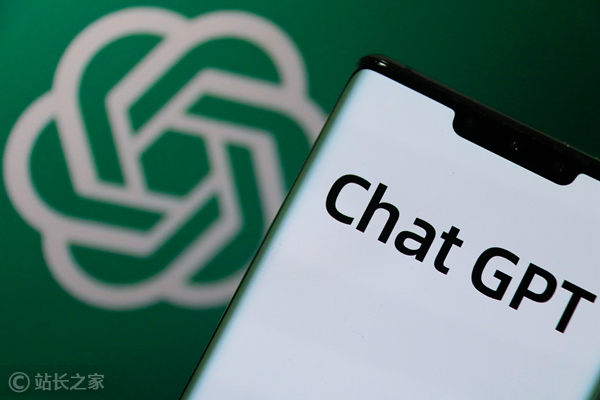OpenAI has launched ChatGPT's new feature, "In-depth Research", aims to provide more powerful tools for users who need in-depth information query and analysis. This feature breaks through the limitations of traditional fast question and answers, integrates data from multiple websites and information sources, and supports users to upload files to assist in analysis. This is of great significance to professionals such as finance, science, policy, and ordinary consumers, and can help them understand the information they need more comprehensively and in-depth.
Recently, OpenAI announced the launch of a new feature called "Deep Research", adding a powerful information query and analysis tool to its artificial intelligence chat platform ChatGPT. This feature is mainly aimed at users who need to study in depth, such as professionals such as finance, science, policy and engineering, as well as consumers who want more detailed information when choosing to buy cars, appliances or furniture.
Unlike ChatGPT's traditional quick answer method, the "In-depth Study" feature is more suitable for complex queries that require comprehensive analysis from multiple websites and information sources. Users simply select the "In-depth Research" mode in the input box, enter related questions, and can also attach relevant files or spreadsheets to allow the system to obtain more context information.

It is worth noting that the feature is currently only available on the web side, and the integration of mobile and desktop applications is expected to be launched later this month. After the user submits the query, the system's response time is usually 5 to 30 minutes, and the user will receive a notification after completion. This feature currently only supports text output, but OpenAI said it will add image, data visualization and other analytical output in the future to further enrich the user's research experience.
To improve the accuracy of "in-depth research", OpenAI used a special version of the latest released o3 inference model. This model is trained in real tasks through reinforcement learning, and has the ability to browse web, analyze data, and process users upload files. In a test called "Ultimate Human Examination", the model achieved an accuracy rate of 26.6%, far exceeding the performance of other similar models. However, OpenAI also admitted that the feature still has limitations, which may confuse authoritative information and rumors, and may have format errors in the report.
To alleviate these problems, the output of "In-depth Research" will be accompanied by detailed citations and thought summary so that users can verify the authenticity of the information themselves. Currently, the feature is open to ChatGPT Pro users, with a limit of 100 queries per month. Support for ChatGPT Plus and Team users will also be launched in the future, and the Enterprise version will be followed later.
It should be noted that this new feature of OpenAI is similar to the AI feature of the same name launched by Google two months ago, aiming to provide users with a comprehensive information query service. Although OpenAI promises to launch this feature to Plus users within one month, the release dates in the UK, Switzerland and the European Economic Area are still undetermined.
Although OpenAI's "in-depth research" function still has some limitations, its powerful information integration and analysis capabilities undoubtedly add new competitiveness to ChatGPT. In the future, with the improvement and popularization of functions, it will further improve users' information acquisition efficiency and decision-making capabilities.